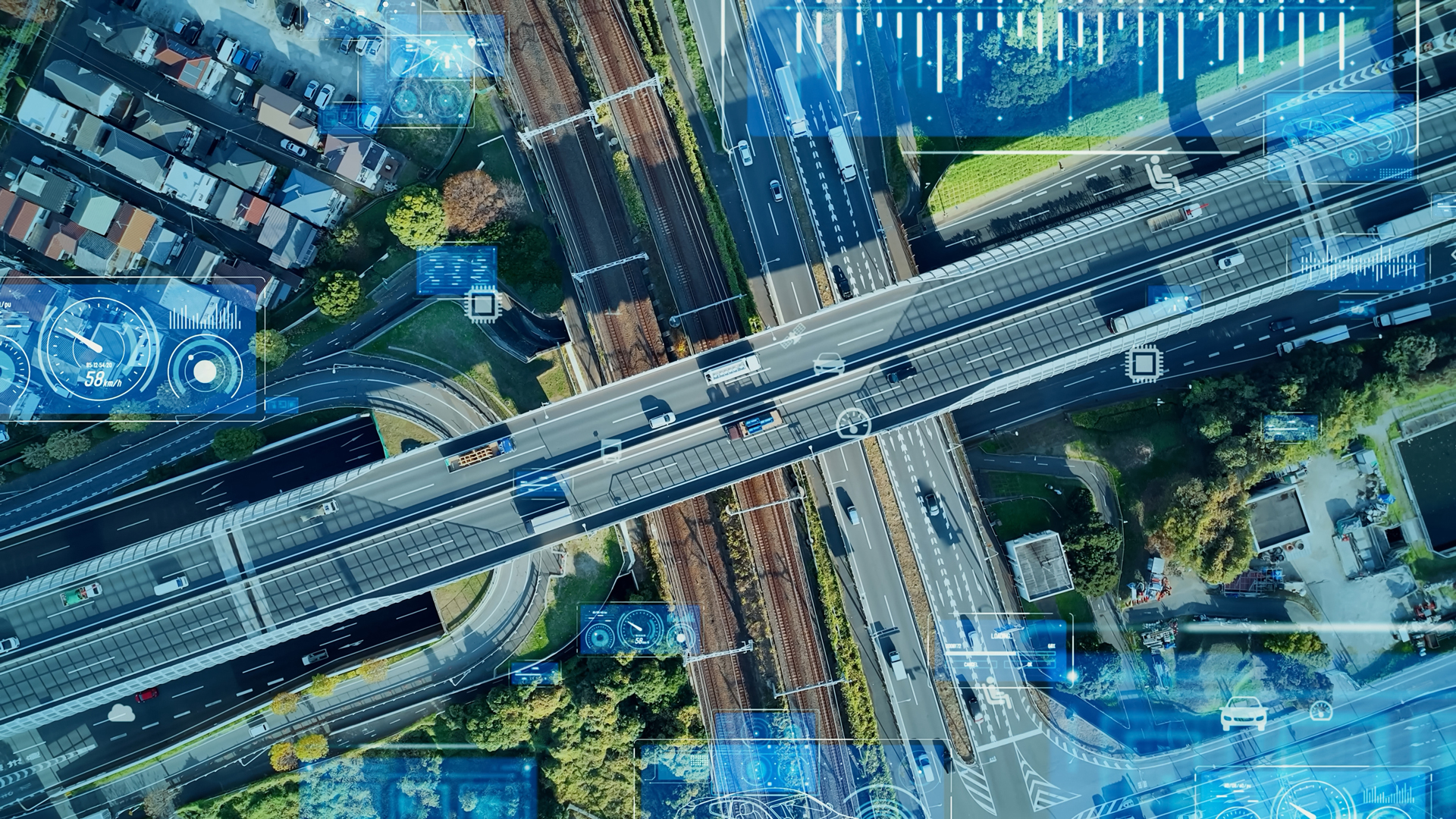Traffic control is a critical aspect of maintaining safety, efficiency, and order in road construction, special events, and other high-traffic situations. However, not all regions present the same traffic control challenges. In the Southeastern United States, unique geographical, weather, and infrastructural factors mean that a one-size-fits-all approach is rarely effective. For companies providing traffic control services in this area, local expertise is essential in addressing these specific challenges and ensuring both drivers and workers remain safe.
This article will explore why local expertise matters in traffic control, focusing on the unique challenges of the Southeast, and how knowledgeable professionals can create safer, more efficient traffic management solutions.
1. Navigating the Southeast’s Unique Geography and Infrastructure
The Southeast is a diverse region with a wide range of geographical features that can impact traffic control efforts. From bustling urban centers like Atlanta and Miami to more rural areas with winding roads, each location presents different challenges that require tailored traffic management solutions.
In major cities, traffic is often dense and fast-moving, with numerous intersections, highways, and lanes to manage. Proper traffic control in these areas requires an understanding of local traffic patterns and the ability to coordinate with city authorities to reduce congestion and keep vehicles moving safely. Road closures or lane reductions during construction can significantly impact the flow of traffic, and only someone with local expertise can properly anticipate and mitigate these disruptions.
Meanwhile, in more rural parts of the Southeast, traffic control often involves managing longer stretches of road where speed limits may be higher, and the risk of accidents can increase, especially in areas with sharp turns or poor visibility. Navigating these roads requires knowledge of the terrain and the ability to place warning signs, barriers, and flaggers in the most strategic locations to protect both workers and drivers.
Additionally, the Southeast is home to numerous tourist destinations, such as the beaches of Florida and the Great Smoky Mountains in Tennessee. These areas can experience seasonal traffic surges, requiring flexible and adaptive traffic control solutions that cater to the influx of visitors during peak times. Only companies with local expertise can anticipate these surges and adjust their traffic control strategies accordingly.
2. Weather Challenges: Hurricanes, Heat, and Heavy Rain
One of the most significant challenges in the Southeast is the weather, which can be highly unpredictable and extreme at times. Local expertise is crucial in preparing for and responding to these weather-related challenges.
Hurricanes and Tropical Storms
The Southeast is particularly vulnerable to hurricanes and tropical storms, especially along the Gulf Coast and the Atlantic seaboard. During these events, roads may need to be closed for evacuation routes or repaired after the storm passes. Effective traffic control in these scenarios requires an in-depth understanding of local evacuation plans, flood-prone areas, and how to safely reroute traffic around downed trees, debris, or flooded roads.
After a major storm, traffic control becomes even more critical as emergency responders, utility workers, and construction crews work to restore normalcy. Local traffic control experts know which areas are most likely to be affected and can quickly implement solutions to guide traffic safely through or around damaged areas.
Intense Heat and Humidity
The Southeast is known for its hot and humid summers, and this presents challenges for both workers and drivers. In extreme heat, workers directing traffic need additional breaks, hydration, and sun protection to avoid heat exhaustion or heatstroke. Local traffic control companies are familiar with these conditions and can schedule shifts to ensure workers are safe and effective on the job.
Additionally, hot weather can cause pavement to soften, leading to temporary lane closures for road repairs. Traffic control experts with knowledge of local conditions are better equipped to manage these situations, ensuring the necessary closures are in place while minimizing disruptions to the flow of traffic.
Frequent Rain and Flash Flooding
The Southeast also experiences heavy rain and frequent thunderstorms, especially during the summer months. Flash flooding can occur suddenly, particularly in low-lying areas or regions with poor drainage systems. Traffic control professionals who know the local topography are able to anticipate which areas are most at risk of flooding and can plan accordingly.
They may reroute traffic in advance of predicted storms or position barriers and signage to prevent vehicles from entering flooded areas. In emergency situations, quick decisions based on local knowledge can save lives by ensuring that both motorists and construction workers stay out of harm’s way.
3. The Role of Local Laws and Regulations
Each state and even individual municipalities in the Southeast have their own traffic laws, regulations, and permit requirements that govern road construction, special events, and other traffic control situations. A traffic control company with local expertise will be familiar with these rules and able to navigate the regulatory landscape more efficiently.
For example, some states may require specific permits for road closures or detours, while others may have unique requirements for placing signs or using flaggers. By understanding the intricacies of local laws, traffic control companies can ensure compliance and avoid delays or fines that might otherwise slow down a project.
Local traffic control experts also have established relationships with regional transportation departments, law enforcement, and other key stakeholders. These connections allow them to coordinate more effectively with local authorities, ensuring that traffic control measures are implemented smoothly and in line with legal requirements.
4. Cultural Awareness and Communication with the Community
Local expertise in traffic control goes beyond just understanding the roads and the weather; it also involves being in tune with the culture and needs of the community. In the Southeast, where there is a strong sense of regional identity and local pride, residents and businesses appreciate working with traffic control companies that understand their area and communicate effectively.
A company with local roots will have a better sense of the concerns of the community. Whether it’s a construction project near a school zone, a road closure affecting local businesses, or a detour near a busy event, traffic control professionals who understand the community’s needs can design solutions that minimize disruption and foster goodwill.
In addition to designing effective traffic control plans, local experts are skilled at communicating changes and updates to the public in a way that is clear and culturally appropriate. This might include collaborating with local media, using social media platforms favored by the community, or placing announcements in local government newsletters. Effective communication helps reduce frustration and keeps everyone informed, making traffic control more successful overall.
5. Tailored Solutions for Local Industries and Events
The Southeast is home to a wide variety of industries, including agriculture, manufacturing, and tourism, each with its own set of traffic control needs. Local expertise allows traffic control professionals to create tailored solutions for these specific industries.
For example, during harvest season, agricultural communities may need additional traffic control for farm equipment moving on rural roads. In tourist-heavy areas, special traffic plans might be needed during peak travel seasons to manage the influx of visitors. In manufacturing hubs, road closures might need to be carefully coordinated to ensure supply chain operations are not disrupted.
Local traffic control experts can also tailor solutions for major regional events like Mardi Gras in New Orleans, music festivals in Tennessee, or sporting events in Florida. These events often attract large crowds, and local professionals understand the best ways to manage traffic during these high-impact occasions.
In the Southeast, traffic control is not just about managing vehicles; it’s about navigating a complex mix of geography, weather, regulations, and community needs. Local expertise is essential in addressing these unique challenges and providing effective traffic control solutions that ensure safety, efficiency, and minimal disruption.
Whether dealing with the aftermath of a hurricane, managing traffic for a major event, or coordinating roadwork in a busy city, traffic control professionals with local knowledge are equipped to handle the region’s specific demands. In the end, having local experts on your team ensures that every project runs smoothly, making the roads safer for everyone involved.




